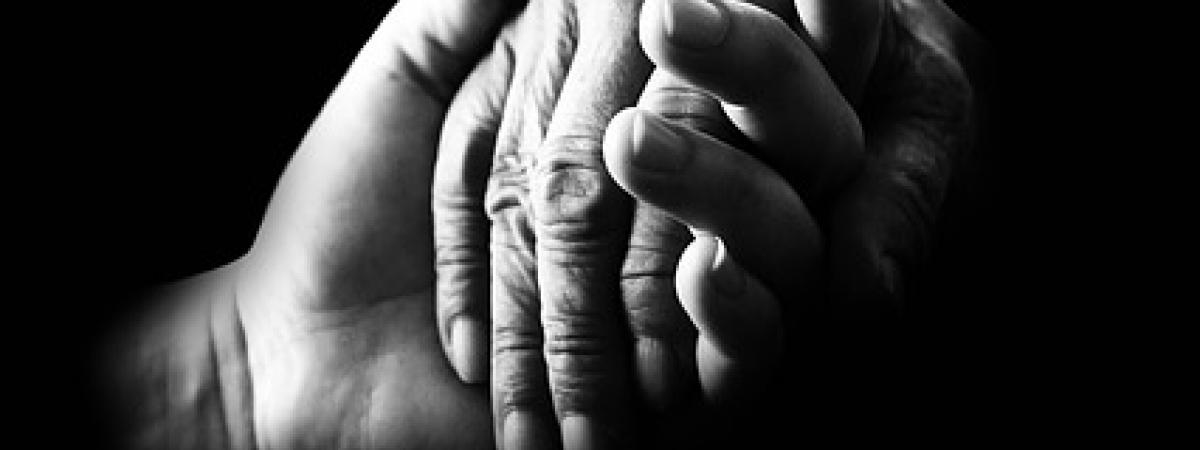Everything you need to know about Mary Seacole

Everyone has heard of Florence Nightingale, the ‘Lady with the Lamp’, but few have heard of Mary Seacole. Both women were instrumental in helping soldiers in the Crimean War.
Whilst Florence Nightingale nursed at the Scutari Hospital in Turkey during the Crimean War, Mary was helping wounded soldiers on the battlefields at Balaklava, near the Black Sea. Not recognised officially at the time as a nurse, she nevertheless made life – and death – a little more comfortable for the servicemen. She helped, and healed, through nutrition, nature and human kindness.
Nutrition
Social historian Jane Robinson recounts how Mary, upon arriving in the Crimea, was to be seen on the landing stages of Balaklava “supplying hot tea to the poor sufferers while they were waiting to be lifted into the boats…She did not spare herself if she could do any good to the suffering soldiers. In rain and snow, in storm and tempest, day after day she was at her self-chosen post, with her stove and kettle, in any shelter she could find, brewing tea for all who wanted it”.
As well as tea, Mary became known known for her rice puddings, sponge cakes, and homemade lemonade. Entering into business with Mr Day, a relative in the shipping business, she displayed an entrepreneurial spirit and traded in all manner of foodstuffs, even offering tinned salmon, lobsters and oysters, cigars, snuff and sardines; green vegetables were welcomed in cargoes from Constantinople.
Nature
Mary’s mother was a ‘doctress’ – an expert in herbal medicine – and Mary acquired this skill from her, using it during devastating epidemics. For yellow fever, soothing lemon grass and ginger tea were served to fight the fever; for cholera, Mary suggested plenty of cinnamon water to replace fluid lost through diarrhoea, but was nervous about prescribing opium lest it ‘lulled the patient into the sleep of death’.
She also prescribed fresh air, cleanliness, good food and a positive outlook – advice which wouldn’t go amiss today.
She also prescribed fresh air, cleanliness, good food and a positive outlook – advice which wouldn’t go amiss today.
Love
Mary became known as ‘mother’ or ‘aunty’ to many of the soldiers; she referred to them as ‘sons’. Having met and ministered to many of them in her native Jamaica long before the Crimean War, she felt that it was her duty to offer support in Turkey. She knew that she could be a familiar face, boosting morale through her gentleness, cheerfulness and practical service. In her own words, she “grew to love like a fond old-fashioned mother”.
Many received a warm welcome at the ‘British Hotel’, set up by Mary to provide a “mess-table and comfortable quarters for sick and convalescent officers”. By seven o’clock every morning, officers would queue at the hotel for a cup of hot and refreshing coffee served without milk but “with plenty of sugar and a slice of butter”…and with kindness too.
Not a nurse?
In 2016, a memorial to Mary was created in the form of a statue in the garden of St Thomas’ Hospital in London. It was the first public statue of a named black woman in the UK and bears the following inscription -
“I trust that England will not forget one who nursed the sick, who sought out her wounded to aid and succour them, and who performed the last offices for some of her illustrious dead.”
The statue created controversy: some dispute that Mary should be called a nurse. She was though widely recognised by her contemporaries for her nursing skill. Her obituary in the Times (21 May, 1881) read: “the deceased, it will be remembered, greatly distinguished herself as a nurse on the battlefield and in hospitals during the Crimean war.'
The dictionary definition of a nurse is one who “provides services that are essential to or helpful in the promotion, maintenance and restoration of health and wellbeing”. Mother Seacole surely did just that, and today the Mary Seacole Trust exists to preserve and promote her legacy.
